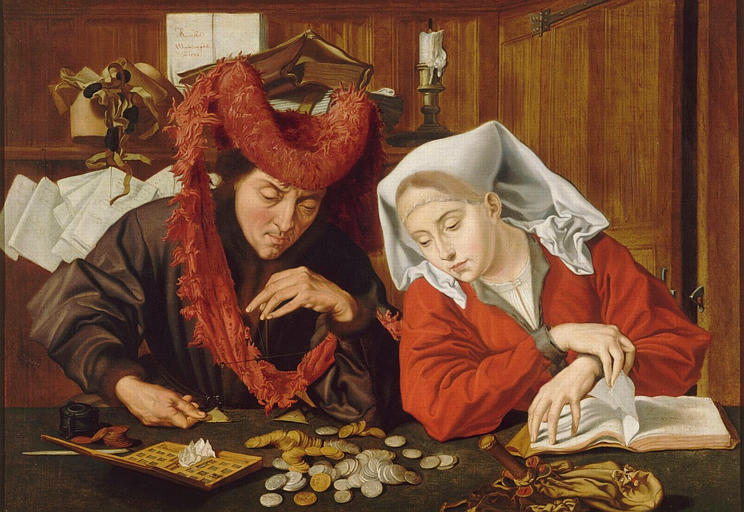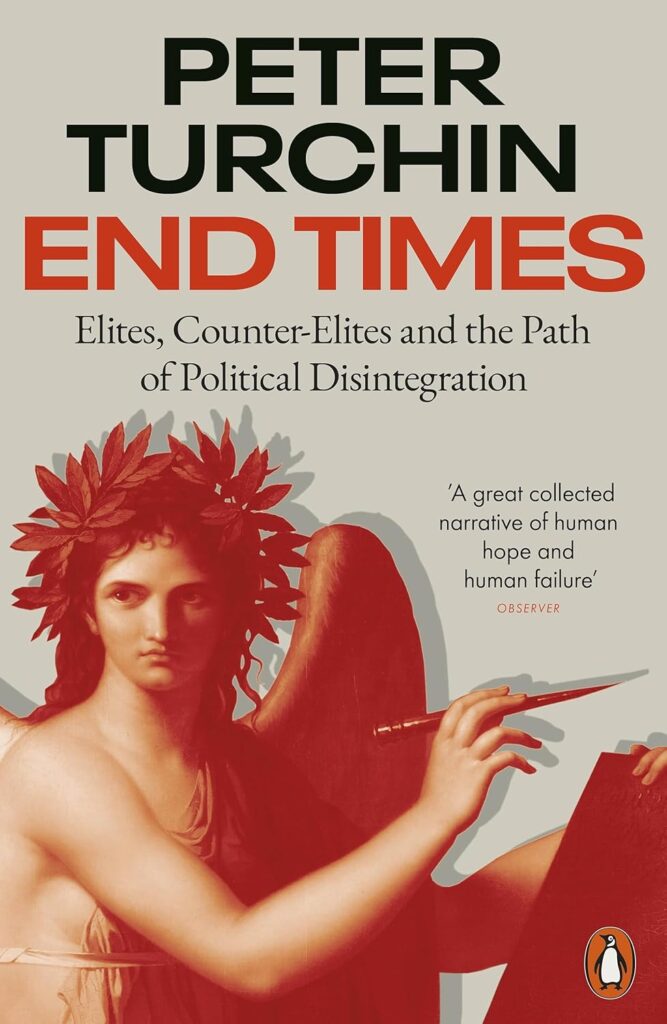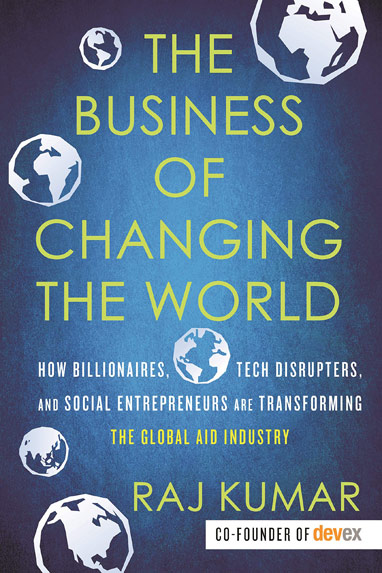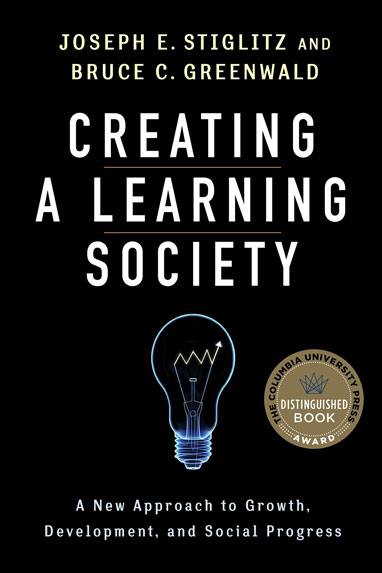
Trust, Faith and Confidence–Value and the Role of Money
The moneychanger and his wife, Marinus van Reymerswaele, wikiart.org
For most of human existence, interchange has been governed by social reciprocity, our sense of obligation to be helpful, fair, and just according to tradition. So how did money—originally invented as a mere token of social obligation—get confused with true wealth and become the end in itself?

Debt, Trust and the Functions of Money
We all think we know about money. But do we understand the functions of money, what money actually is, and what it represents?

Power, Money and Stability
The Bank of England, the central bank equivalent to the Federal Reserve in the USA, declares: “Money is a kind of IOU which is universally trusted.” But this is not always true, and from this comes a question which has occupied thinkers throughout the history of money: What are the conditions in which such trust can occur?

Alternative Currency: Substitute Moneys and Cryptocurrencies
Currency is ephemeral and secondary; that it is the underlying mechanism of credit and repayment of accounts is the essence of money. For different reasons, alternative, unofficial currencies have served this function in place of, or alongside, government money.

End Times
Elites, Counter Elites, and the Path of Political Disintegration
In End Times, Turkin examines the complex interplay of socio-economic factors that, he asserts, repeatedly throw societies into decay, crisis, and often violent collapse. These patterns, he says, span the end of the Neolithic Period to the present day.

Doughnut Economics
7 Ways to Think Like a 21st Century Economist
Kate Raworth; reviewed by George Kasabov
A “renegade economist” advances a new, more comprehensive and regenerative economic model – one based on a view of humans as socially adaptable beings in a world of limited natural resources. A view that factors in the love and caring of family life, the kindness and cooperation of society, and the search for meaning and morality over the getting and spending of money as the essential aim of human existence.

The Business of Changing the World
How Billionaires, Tech Disrupters, and Social Entrepreneurs Are Transforming the Global Aid Industry
Raj Kumar
In 2000, Raj Kumar and friends created Devex, an online community for global development that matches up organizations with funding opportunities and provides the largest database of grants, tenders, and other funding information. This book was written 20 years later to provide a clearer picture of how the aid industry operates, and where it’s headed.

Creating a Learning Society
A New Approach to Growth, Development, and Social Progress
Joseph E. Stiglitz
A Nobel economist and a leading finance expert posit the view that learning is more important to growth and development than the accumulation of capital. The traditional view of an inherently efficient free market, and of government regulation as the major source of economic difficulty, impedes the raising of a society’s standard of living by discouraging the production and dissemination of knowledge.

